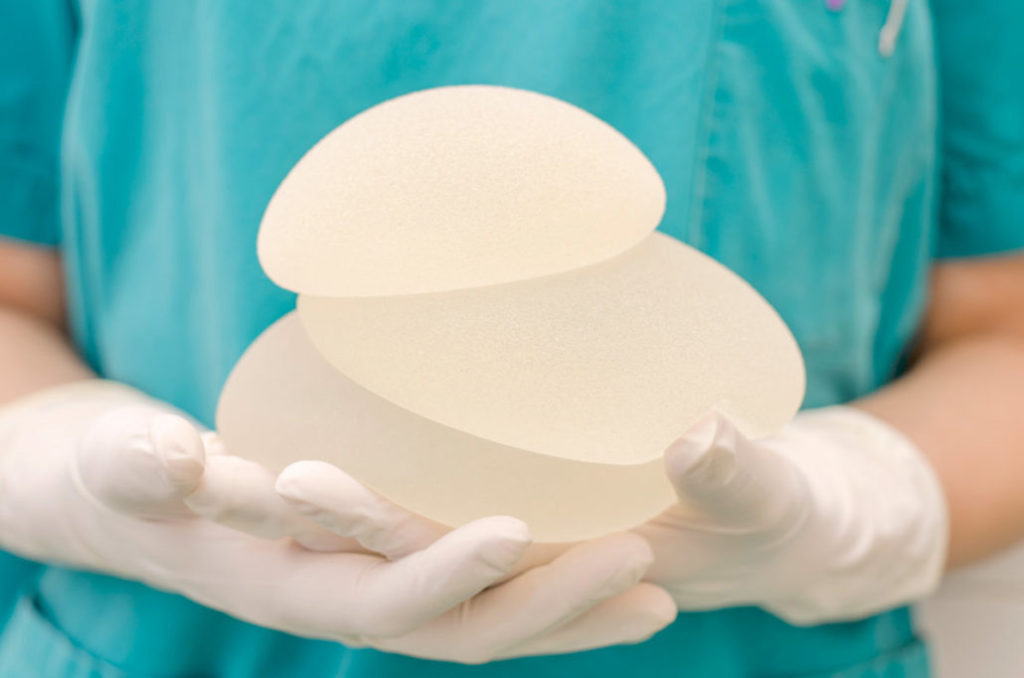Source: http://breastimplantinfo.org
Breast implant companies were required to complete safety studies before they could sell their implants in the United States. Although the Food and Drug Administration (FDA) approved breast implants, they admitted that “studies would need to be larger and longer” to find out if implants could cause the kinds of symptoms and diseases many women were reporting.1 Those symptoms and diseases are often referred to as “breast implant illness” by the women, although that is not a medical diagnosis.
Since many women reported problems with autoimmune or connective tissue disorder symptoms such as joint pain and fatigue, breast implant companies did not study the safety of implants in women who had a family history or personal history of autoimmune disease before getting implants. They intentionally excluded those women because they were concerned that those women might be more likely to have health problems from the implants. Breast implant companies recognize this as a shortcoming of their studies. For example, this is what Mentor says in their label for MemoryGel® implants:2
“Safety and effectiveness have not been established in patients with the following:
Autoimmune diseases (for example, lupus and scleroderma)…”
Unfortunately, most physicians and most women considering implants are unaware of that warning.
What Is Autoimmune Disease?
Autoimmune disease is a condition where immune cells attack your body. Immune cells usually help our bodies fight off infections and foreign substances. However, these immune cells see silicone as a foreign substance, and that can cause the body to start an immune response.
In some cases, the immune system launches a big enough attack that it starts attacking the body. This could lead to symptoms like joint pain, fatigue, mental confusion, dry eyes, and hair loss. Some women with breast implants report a wide range of symptoms that do not fit into one specific condition. Over time, some women develop a pattern of symptoms that are diagnosed as lupus, scleroderma, or other conditions. Autoimmune diseases can target specific organs, like the brain or liver. They can also involve many tissues, like muscles or blood.3
It is important to know that not all people who get breast implants develop immune problems. Those who develop autoimmune symptoms may have other risk factors, such as allergies or a family history of autoimmune disease.4 In addition, women who already had autoimmune symptoms can get worse symptoms or new symptoms after getting breast implants. Certain genes may also increase the chances of developing autoimmune diseases or symptoms, sometimes as a reaction to silicone or other exposures. In addition, women who already had autoimmune symptoms can get worse symptoms or new symptoms after getting breast implants.
Silicone-related complaints and diagnoses (modified from DeBoer et al, 2011)
Silicone-related complaints
Fatigue
Muscle aches
Aching and painful joints
Fever/elevated body temperature
Dry eyes, dry mouth (sicca)
Poor memory, concentration, or sleep
Stroke
Numbness, weakness, dizziness, vision changes (Multiple sclerosis)
Silicone-related diagnoses
Raynaud’s disease (painful cold, pale, or purplish fingers and toes)
Irritable bowel syndrome (diarrhea, constipation)
Allergies (food allergies, metal allergies, multiple sensitivities, etc.)
Immunodeficiencies (recurrent infections, e.g., pneumonia, sinus infections, diarrhea)
Autoimmune diseases (Scleroderma, Lupus, Sjogren’s, etc.)
Read the full article here: http://breastimplantinfo.org/autoimmune-symptoms-breast-implants/


